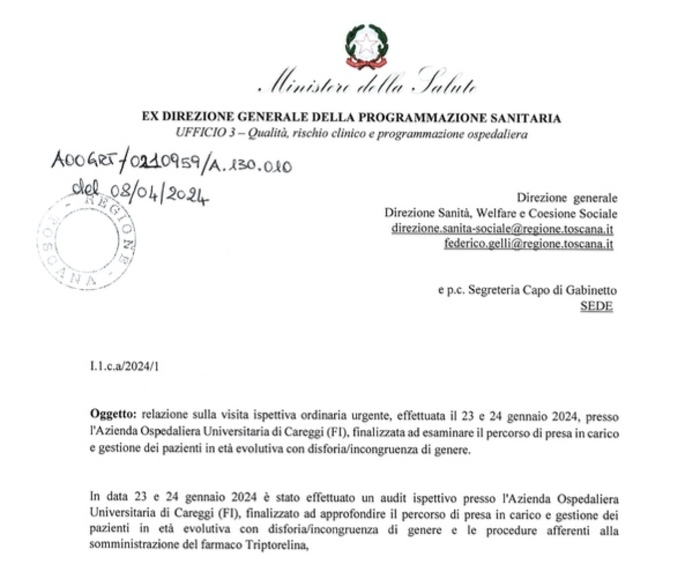According to data from recent studies, fluoroquinolone antibiotics "continue to be prescribed outside of recommended uses." However, since "they are associated with very rare but serious, disabling, long-lasting and potentially irreversible adverse reactions", these medicinal products should be prescribed "only in the approved indications and after careful evaluation of the benefits and risks on the individual patient". This is indicated by a note published by the Italian Medicines Agency, in agreement with the European Medicines Agency.
The European Medicines Agency has strongly recommended limiting the use of fluoroquinolones (ciprofloxacin, delafloxacin, levofloxacin, lomefloxacin-moxifloxacin, norfloxacin, ofloxacin, pefloxacin, prulifloxacin, rufloxacin) for systemic and inhalation use following a review to assess the risk of "serious and long-lasting, disabling and potentially irreversible adverse reactions affecting the musculoskeletal and nervous systems". Serious adverse reactions may include tendinitis, tendon rupture, pain in extremities, walking disturbances, neuropathies, depression, fatigue, memory impairment, hallucinations, psychosis, sleep disturbances and sensory disturbances.
They should therefore not be prescribed for patients who have had serious adverse reactions with a quinolone antibiotic, patients with non-serious infections (such as pharyngitis, tonsillitis and acute bronchitis), mild to moderate infections (including uncomplicated cystitis, exacerbation of chronic bronchitis, acute bacterial rhinosinusitis and acute otitis media) unless the other antibiotics recommended for these infections are deemed inappropriate. Nor should they be used to prevent traveler's diarrhea or recurrent lower urinary tract infections.
In particular, Aifa points out, tendon damage can occur within 48 hours of treatment or several months after interruption and the risk is greater in patients treated with corticosteroids, in the elderly, people with renal failure or who have undergone transplants.









